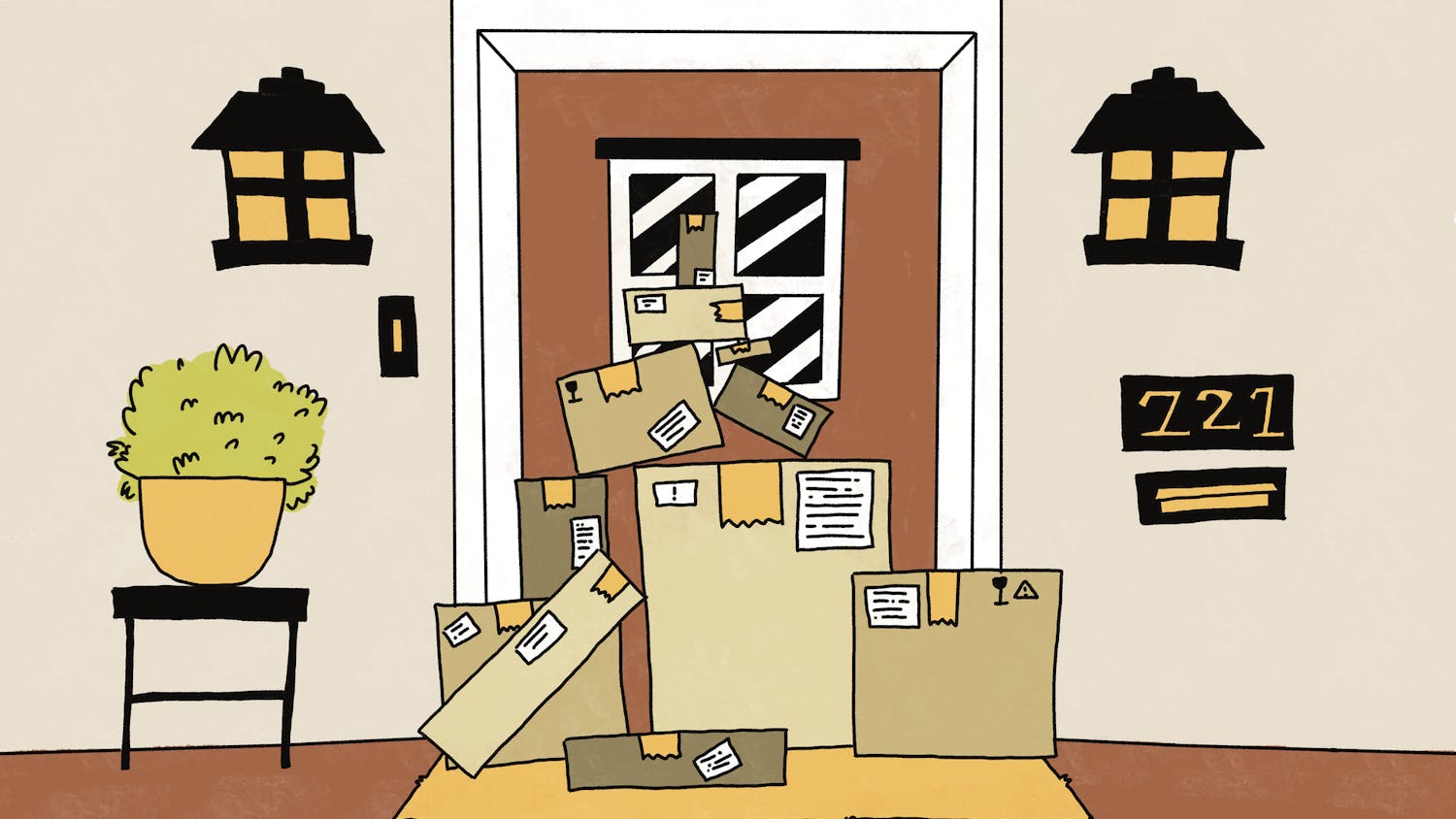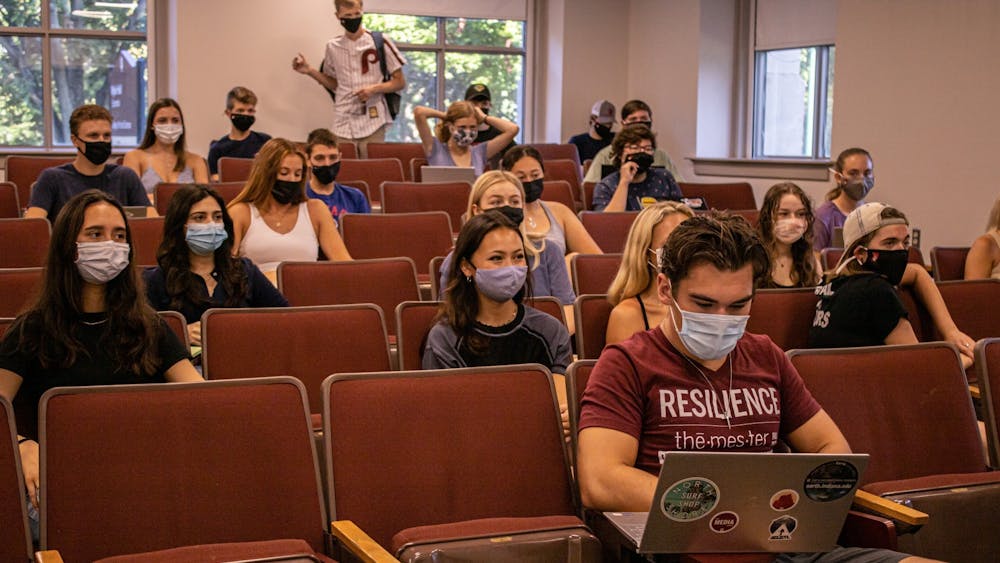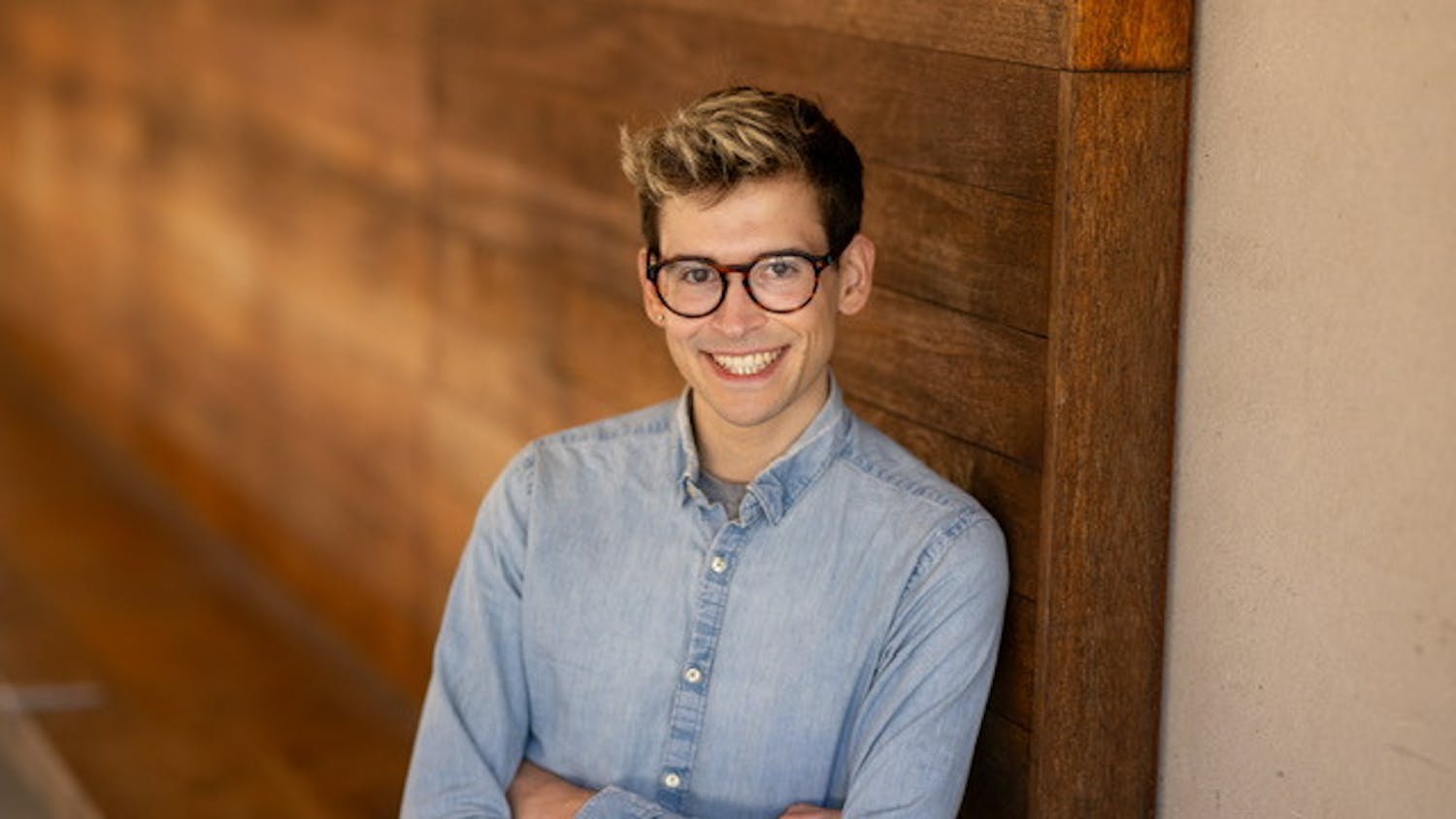Slavery never left the United States, it just moved behind bars.
The United States should ban the for-profit prison industry, or at the very least, greatly change how the prisons generate revenue and rehabilitate inmates.
The United States, with 2.8 percent of its population under some kind of “correctional supervision,” which includes parole and probation, has the largest prison population and second-highest incarceration rate in the world.
We only make up 5 percent of the world population, but a quarter of the prisoners in the world come from the Land of the Free.
Inherent in this issue is the extreme racial disparity of the prison population. Ava DuVernay’s 2016 documentary "13TH" provides a startling statistic: according to the Bureau of Justice, one in every three young black men will go to jail in his lifetime.
For young white men, that same rate is only one in 17.
Despite only making up 6.5 percent of the U.S. population, black men make up 40.2 percent of the prison population. This inequality has been created by decades of discriminatory education and housing systems, the racial profiling practices of law enforcement agencies and drug legislation that directly targets minority populations.
Despite the federal government attempting to wipe its hands clean of these blatant forms of institutionalized racism, all it has succeeded in doing is transferring this injustice to the private sector.
Peaking in 2012, the population of U.S. prisoners held in private facilities increased by 83 percent between 1999 and 2015.
Now, under President Donald Trump's administration, the billion-dollar private prison industry continues to thrive.
The stock prices of two of the industry’s giants, CoreCivic, formerly the Corrections Corporation of America, and GEO Group, jumped 43 percent and 21 percent after election day. Share prices for these two are still up 86 and 157 percent, respectively.
One of Jeff Sessions’ first actions as attorney general was to rescind Barack Obama's administrative order to the Justice Department to phase out federal use of private prisons.
More recently, the administration has cut funding for halfway houses and pushed for mass detainment initiatives that will provide even more revenue to the private prison industry, even as it faces unprecedented quantities of abuse and neglect allegations.
The heart of the issue was made apparent at a news briefing earlier this month when Sheriff Steve Prator, of Caddo Parish, Lousiana, told reporters that in addition to what he called the "bad" inmates, they are also “releasing some good ones that we use every day to wash cars, to change oil in our cars, to cook in the kitchen, to do all that, where we save money.”
A system that is rewarded for higher incarceration rates and prolonged prison sentences incentivizes recidivism over rehabilitation. This forced consumerism allows companies to still make millions of dollars in profit while doing the bare minimum to keep inmates happy and healthy.
As Prator so transparently told us, retaining large prison populations has become a necessity for the industry’s survival.
Ours is a nation that pays incarcerated women less than two dollars an hour to fight deadly wildfires, that forces parents to pay thousands of dollars just to hear the voice of their loved one and that has created entire industries dependent on what is effectively forced and underpaid labor.
Until the education and rehabilitation of prisoners is prioritized, the for-profit prison industry cannot be a viable system. It will remain a bloated and corrupt specter of our capitalist society.
The United States, the supposed bastion of freedom, must no longer be reliant on this hidden manifestation of slavery.
jhoffer@indiana.edu
@jhoffer17





